
According to the president of Botswana, blockchain is one of the innovative solutions that the global diamond industry can use to ensure “blood diamonds” are excluded from formal markets. Using blockchain not only assures consumers but also enables them “to make informed choices and encourages responsible practices throughout the supply chain.”
Minimizing Impact on the Environment
Botswana president Mokgweetsi Masisi recently touted blockchain technology as an innovative solution which can help the global diamond industry eradicate so-called blood diamonds. Masisi argued that by using this technology, the global diamond industry is able to prove to stakeholders that diamonds in formal markets are sustainably sourced.
In his speech at a recently held meeting of diamond industry stakeholders, Masisi argued that the global diamond industry’s objective of achieving sustainable diamond mining requires investment in research and innovation. He suggested that when such investments are made, they not only “minimize the impact on the environment” but also help to remove blood diamonds from official markets.
Remarking on blockchain’s likely impact on the global diamond industry, Masisi said:
“Transparency and traceability are vital components in the assurances that we as diamond-producing countries must provide to our global customers. Blockchain technology, with its immutable ledger, can provide consumers with the guarantee that their diamonds have been ethically sourced. It empowers consumers to make informed choices and encourages responsible practices throughout the supply chain.”
Building a Prosperous Diamond Industry
According to a United Nations definition, blood diamonds aka conflict diamonds, refer to any diamond which is extracted in areas controlled by forces opposed to legitimate, internationally recognized government. Revenues from such diamonds have in the past been used by some African warlords to fund their activities.
To curb the role of these diamonds in fueling conflicts in Africa, major global diamond-producing countries including Botswana agreed to a system of certifying the gemstones. However, more than a decade after the so-called Kimberley Process Certification Scheme came into force, blood diamonds are still reportedly finding their way to global markets.
However, according to Masisi, it is only through innovations such as blockchain that diamond-producing countries “can address these challenges and build a more sustainable, responsible, and prosperous diamond industry.”
Register your email here to get a weekly update on African news sent to your inbox:
What are your thoughts on this story? Let us know what you think in the comments section below.
Bitcoin News

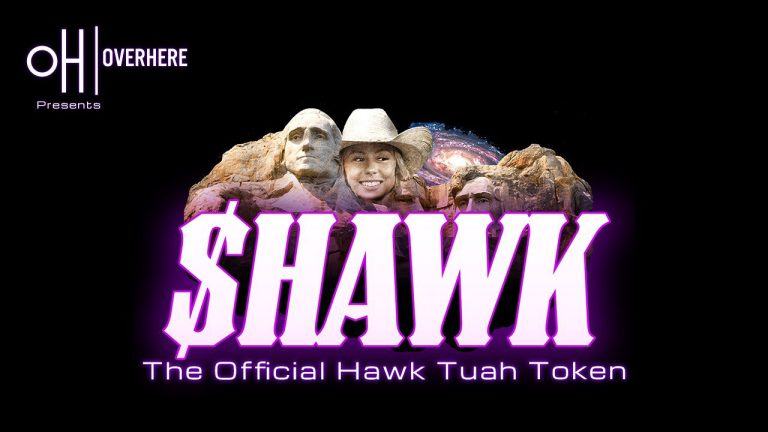
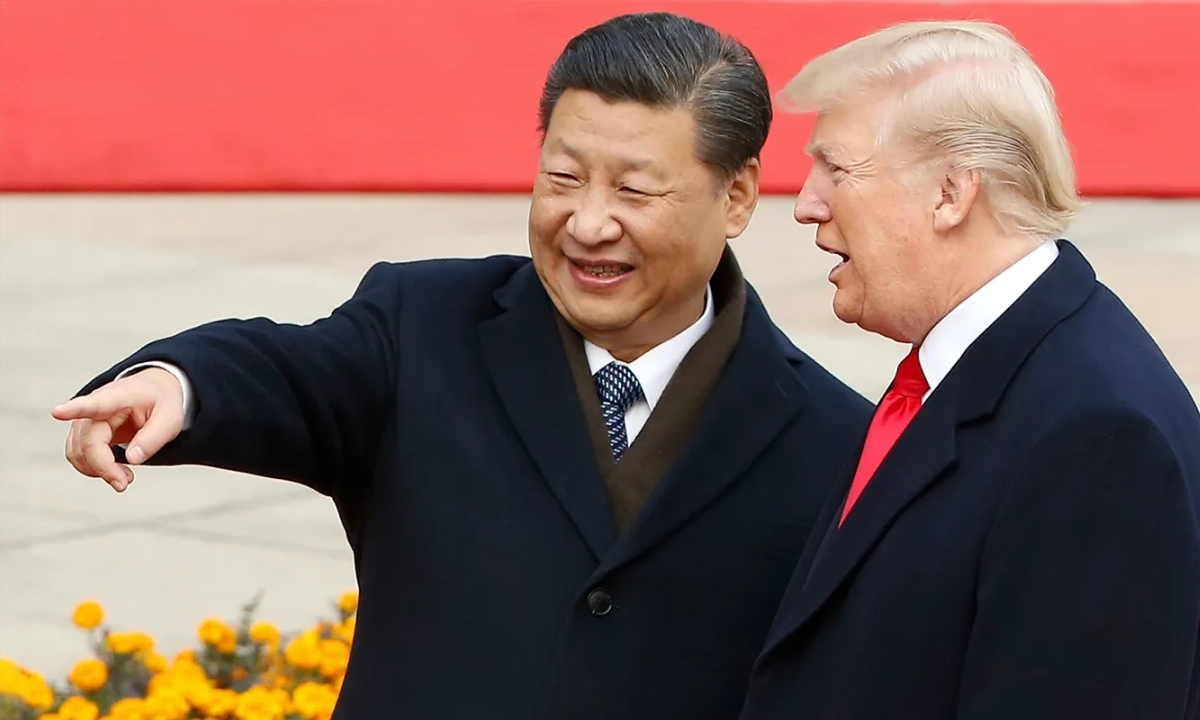
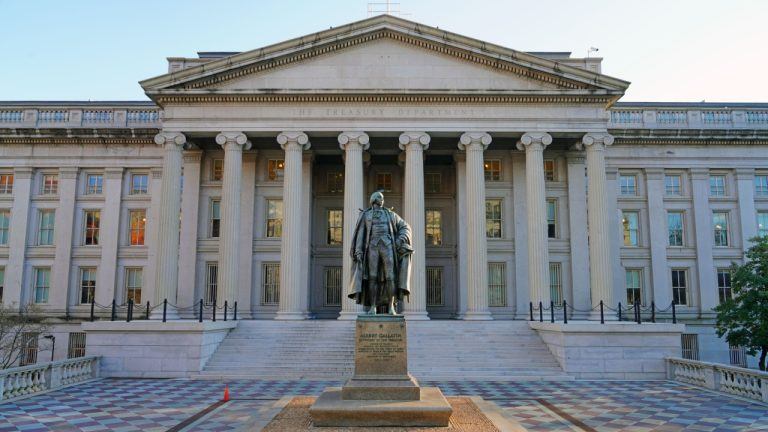
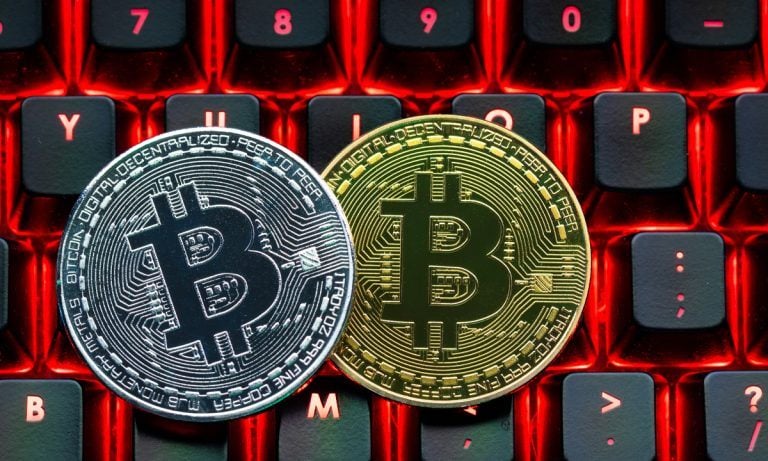
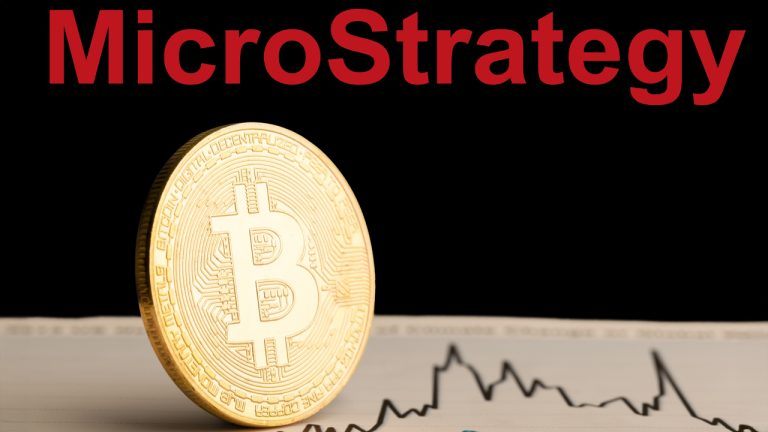
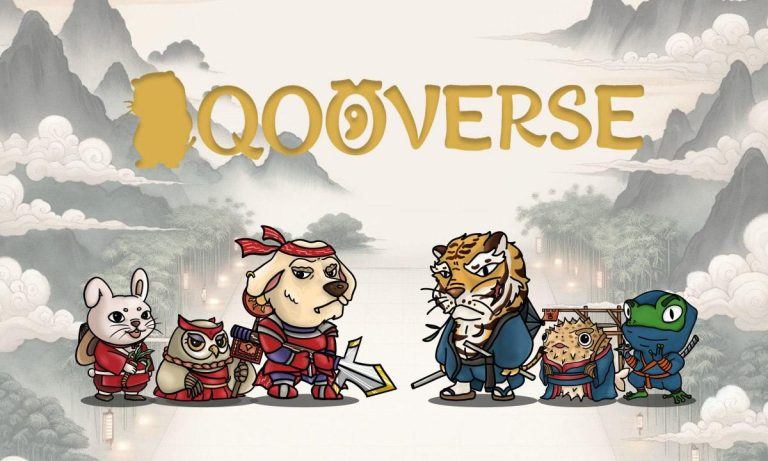
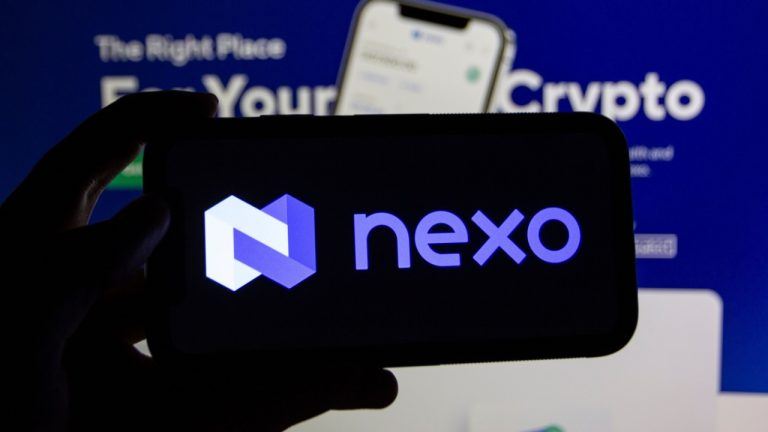
Leave a Reply